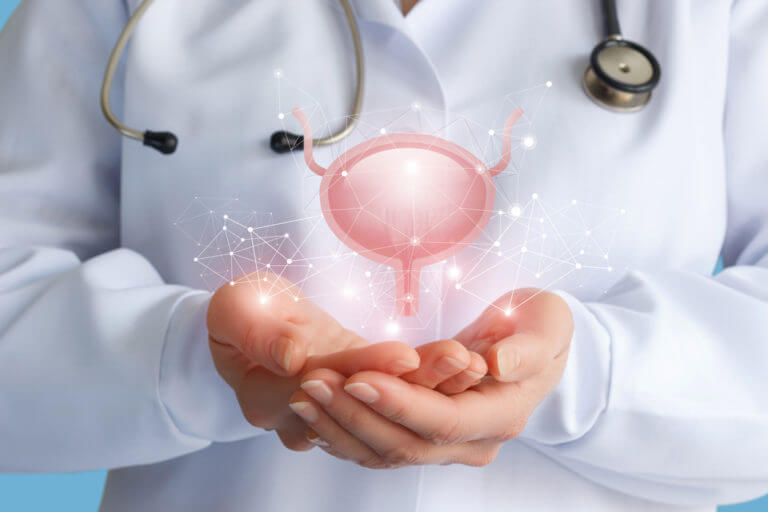
If you are a woman experiencing certain urinary symptoms, such as:
- Frequent urination
- The strong urge to urinate
- A burning sensation when you urinate
- Loss of bladder or bowel control
- Frequent urinary tract infections (UTIs)
- Painful intercourse
- Chronic bladder, abdominal, or pelvic pain
…then you may be suffering from a urogynecological problem that requires a diagnosis and/or treatment by a medical specialist, ideally an OB/GYN.
While it can be embarrassing to deal with a urogynecology issue, the sooner you see a urogynecologist, the faster you can find relief and take back control of your life. Let’s take a look at some of the prevalent urogynecological problems that many women like yourself often face, and where you can go in Syracuse for outstanding gynecology and women’s urology care.
The Most Common Urogynecological Issues
Urogynecology is a medical specialty that focuses on treating problems affecting the urinary tract in women. Not unlike a urologist who treats men, a urogynecologist treats similar conditions in women, the most common of which are:
- · Urinary incontinence (UI) – UI is when you cannot control your urine flow. While this can occur at any age, it is most common in women who are over the age of 50. The cause of urinary incontinence can often be traced to changes in your bodily functions resulting from an underlying disease, the use of certain medications, and/or the onset of an illness, such as a urinary tract infection. Women are most likely to develop urinary incontinence during pregnancy, after childbirth, or as the result of menopausal hormonal changes. There are four types of UI, including:
- Urgency incontinence (the inability to hold urine long enough)
- Stress incontinence (urine leakage during actions that place pressure on the bladder, such as lifting, coughing, laughing, or sneezing)
- Functional incontinence (leakage due to physical conditions, such as an injury or disabilities affecting the bladder)
- Overflow incontinence (when the quantity of urine your body produces exceeds your bladder’s capacity to hold it)
- Uterine prolapse – This occurs when the muscles and tissues in your pelvis weaken, allowing your uterus to descend into your vagina. Consequently, you experience symptoms that may include urine leakage, pelvic fullness, bulging on your vagina, lower back pain, and constipation.
- Pelvic floor dysfunction – Pelvic floor disorders occur when your pelvic floor muscles tear or become weak due to pregnancy, traumatic injury, overusing the pelvic muscles, being overweight, or advanced age. As a result, you may have trouble evacuating a bowel movement, have incomplete bowel movements, or experience urine or stool leakage.
Treatment for Urogynecologic Problems
Fortunately, urogynecological issues often can be controlled, improved, or even eliminated, with appropriate treatment.
Nonsurgical treatments for these common conditions include:
- Injections for incontinence and bladder control – Calcium or silicone-based bulking agents can be injected by your OB/GYN into the urethra to treat stress incontinence, while Botox® can be injected into the bladder muscles to treat overactive bladder and urge incontinence.
- Medication – There are prescription medicines, such as Vesicare, that can address certain incontinence problems in women and related conditions.
- Vaginal pessary – These soft, removable devices support areas affected by uterine prolapse. This can be helpful during pregnancy.
- Pelvic floor muscle training – Certain exercises – involving squeezing and relaxing the pelvic floor muscles – are specifically designed to help improve prolapse symptoms by making those muscles strong again.
- Nerve stimulation – Similar to acupuncture, this method can be used to treat overactive bladder.
Urogynecologists in Syracuse, New York
Our skilled and experienced medical team at University OB/GYN Associates offers both nonsurgical and surgical treatments to relieve a wide range of urologic symptoms, so women can enjoy their lives to the fullest without awkward or embarrassing interruptions due to overactive bladder.
If you are experiencing any of these symptoms or something similar, call University OB/GYN Associates today at (315) 464-5162 to schedule an appointment with one of our expert gynecologists in Syracuse. We look forward to being your healthcare partner!



